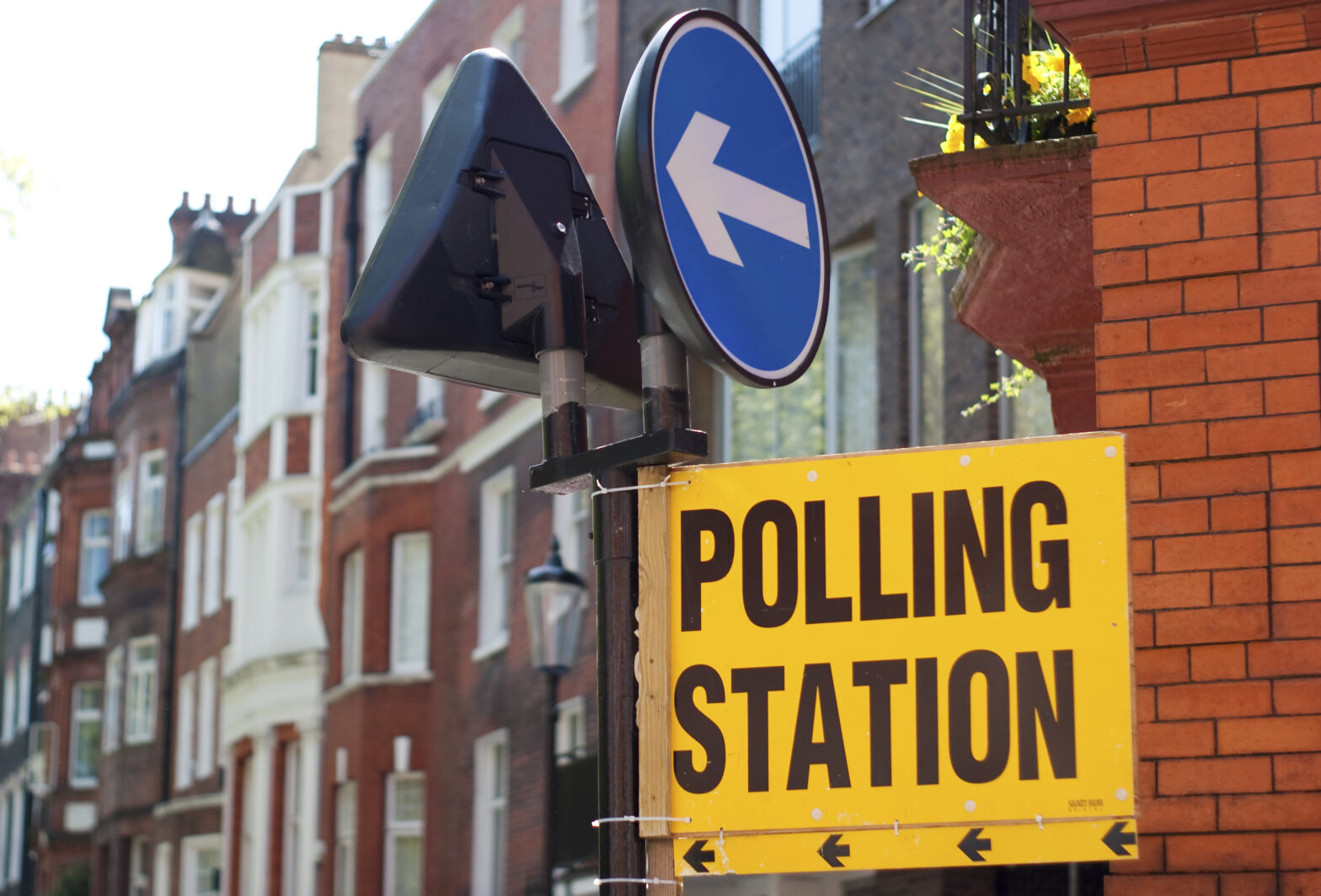With just a day until Britain heads to the polls, the general election campaigns have kicked off in earnest. Mainstream political parties are scrambling over each other to demonstrate their credentials in the hope of standing out.
The economy and health of Britain’s small businesses are firmly on the agenda and have garnered a significant amount of headlines, following bold statements from both David Cameron and Ed Miliband around their plans to give small and medium-sized enterprises (SMEs) a fair deal. But what do entrepreneurs really want to hear from our leaders as they look ahead to the next five years?
The current landscape
As it stands, there’s never been so much support available to SMEs. The government-backed growth accelerator scheme is just one example. Acting as a mentoring and support network, it links business owners with experienced industry professionals at the same stage.
Better still, SMEs have been looked after in the last Autumn Statement. The government has reiterated its commitments to the range of funding options available to SMEs, including the Enterprise Finance Guarantee, the Business Finance Partnership and the National Loan Guarantee Scheme. If you’re a small business owner, you’ll be hard-pressed to remember a time when the government was so keen to give you a head start.
Eye on the election
These measures are in place for a reason; the importance of SMEs to the UK’s overall economic health cannot be overstated. As such, SMEs and the wider economy are taking centre stage ahead of this year’s election, despite the jitters from the business community over the prospect of change. The Conservatives have a good reputation for economic reliability and are likely to play to this strength in the coming weeks.
Labour is battling to win over the business community, claiming that it plans to remove some of the restrictive local rates faced by SMEs, in order to help them to grow. Despite this, its reputation on the economy leaves it with an uphill struggle to convince the public that it has the best interests of British SMEs at heart. Labour’s opportunity lies in an appetite for change among the British public. The Government has had a relatively mixed approval rating so it may hope that voters are not swayed by the rise of challengers such as UKIP and the Green Party, both of which are garnering large amounts of support ahead of the election.
Braving the unknown
What we’ve heard from both main parties is certainly a step in the right direction, but business leaders can be forgiven for demanding more. Elections can have a huge impact on the planning process of SMEs, which may think twice about hires if new immigration restrictions are implemented, or if minimum wage legislation is passed. Business leaders should demand to see a commitment to a position on these issues at the very least.
In addition, policymakers in Westminster don’t seem to be addressing of the imbalance in the digital economy for imbalance SMEs. Innovative start-ups in urban areas currently make the headlines and enjoy the benefits of the digital economy, including the bulk of money saved through the digitisation of public services. Yet half of all SMEs outside of the cities feel that they are unable to take advantage of the government’s new emphasis on ‘digital by default’, undermining the government’s efforts to put its weight behind growing businesses. SMEs should demand that the next government address this issue.
The next five years
This election doesn’t appear to have the makings of a landslide, so we’ve no real idea of who the next prime minister will be. SMEs will understandably be nervous about the prospect of change, but both main parties look to be putting the needs of growing businesses at the heart of their manifestos, while the Liberal Democrats and other challengers all emphasise the importance of SMEs to the economy.
The digitisation of business and public services have transformed the landscape for SMEs over the past five years, with the current government able to point to numerous success stories of SMEs making the most of the digital economy. Despite this, it seems as if our national leaders are still dancing around issues such as the ‘two-speed’ digital economy. With just hours remaining until the election, it’s time for our political leaders to make a stand on the issues that really matter.
Richard Healy is CEO of Basekit.





